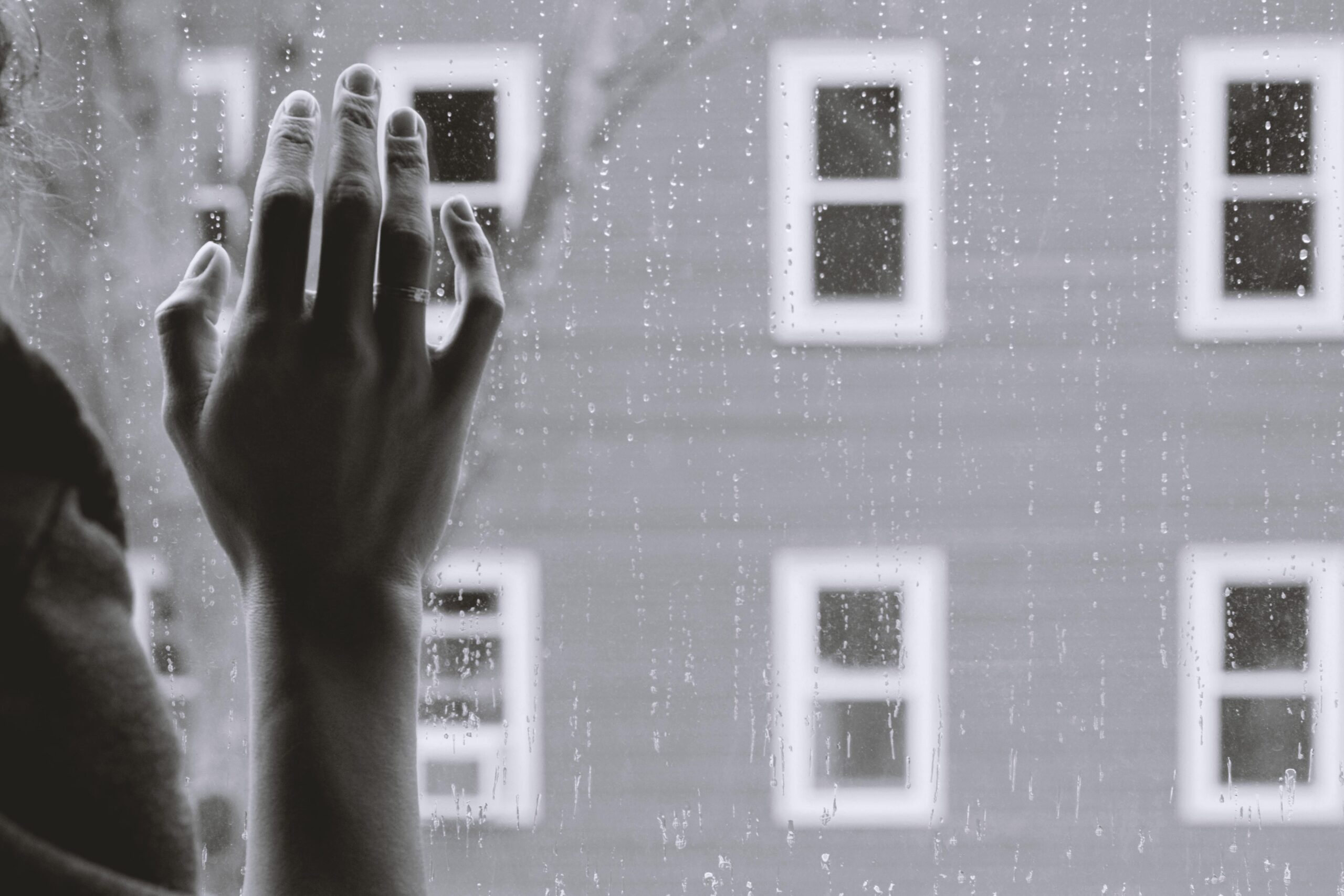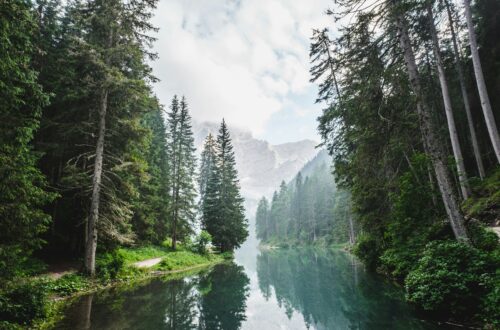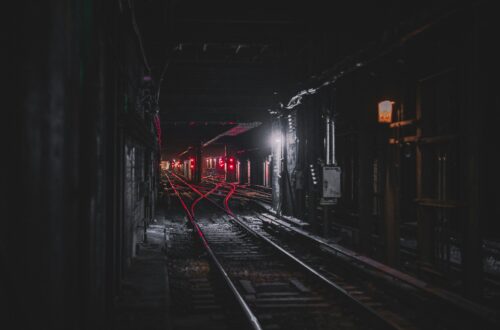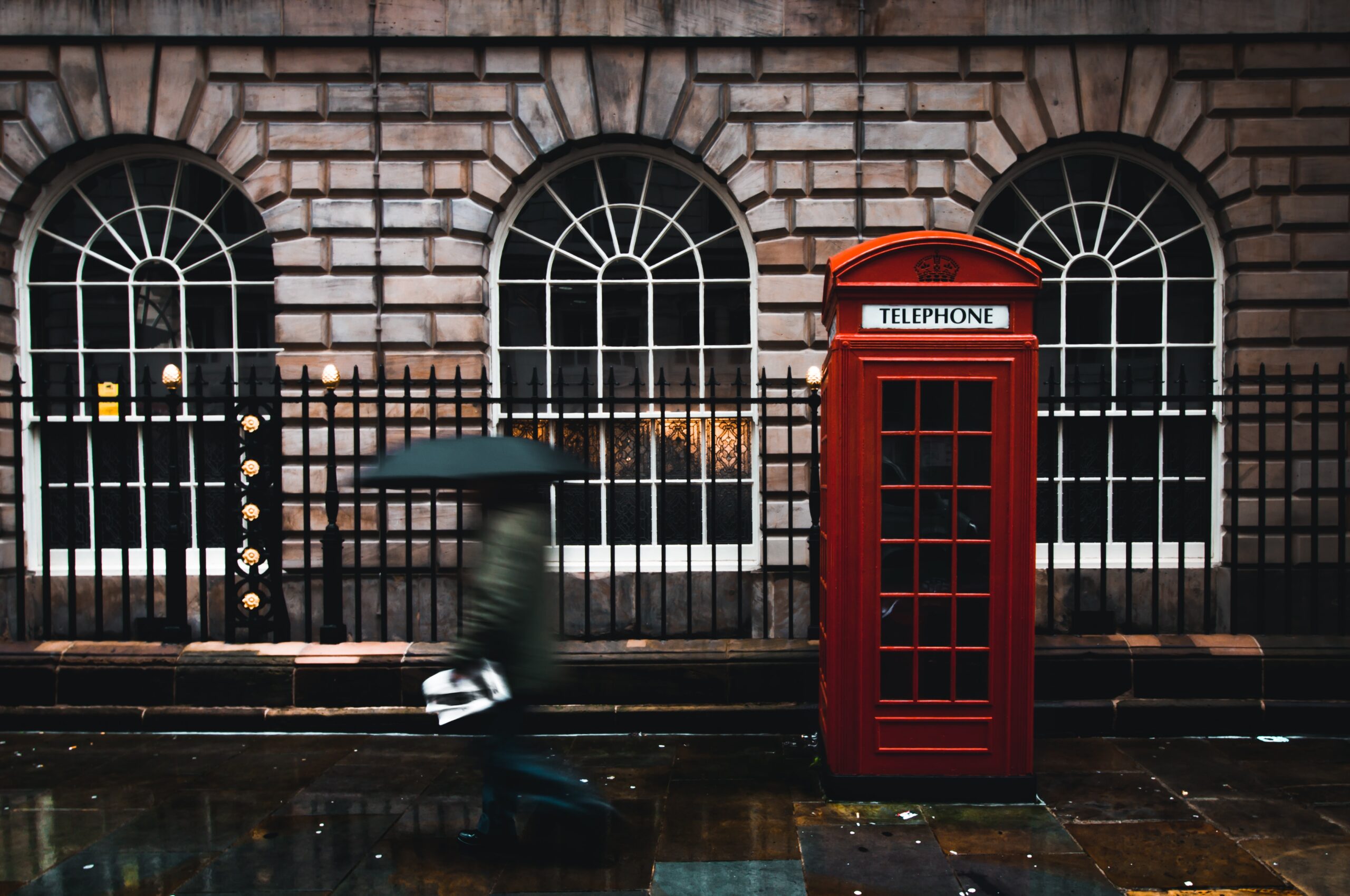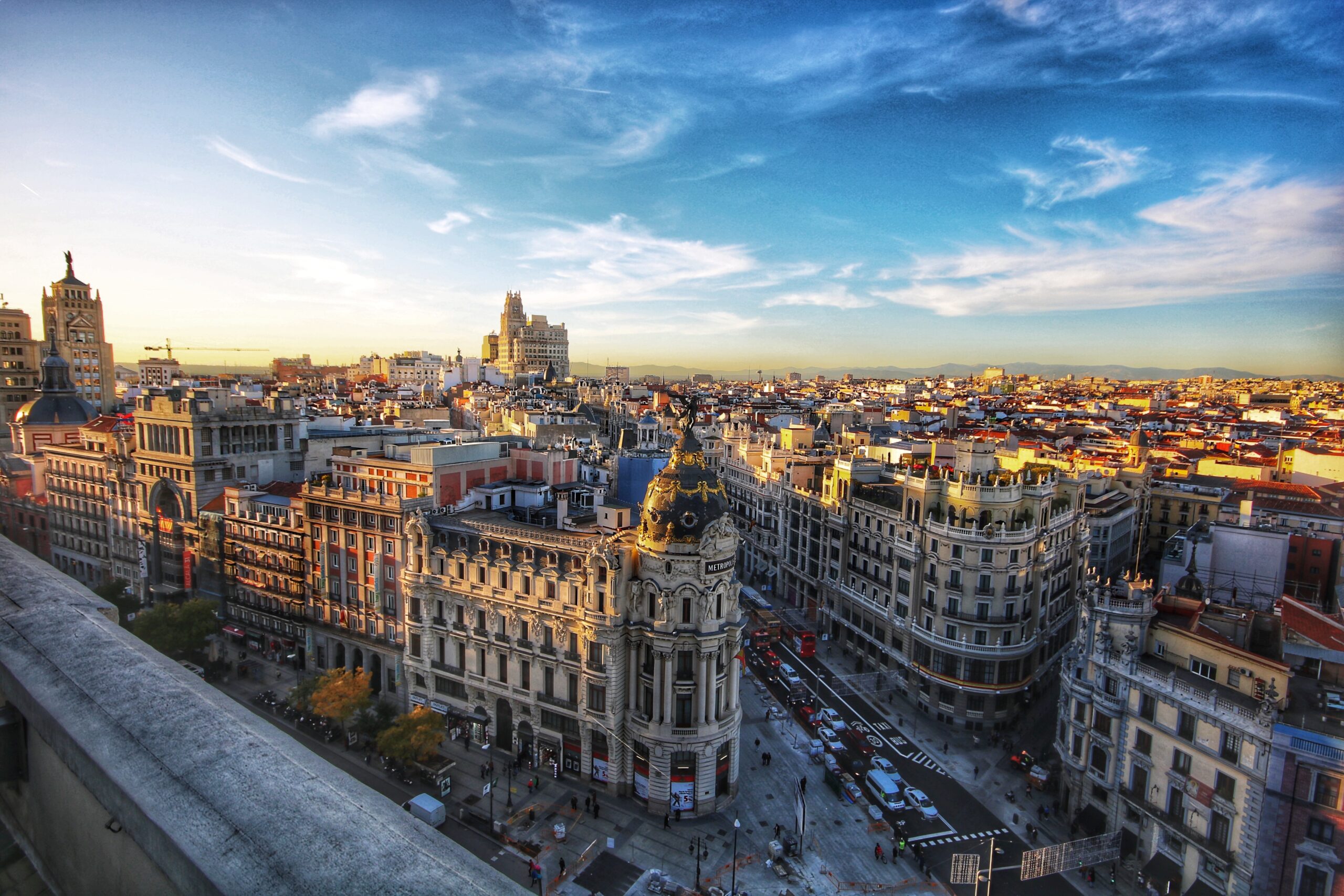Its frames a cold, beautiful black-and-white, squaring its aesthetic with the drained and spare post-war environment of the Polish People’s Republic, Ida is a stunningly lucid film. Its story, set in the 1960s, is a variation on the theme of the Holocaust as its shadows lingered over the decades that came after it. With the draining of colors and the crisp static shots that populate the film—many of them drenched with a weak, almost weeping window light as though the sunlight itself were sad, broken-down—the director, Pawel Pawlikowski, found the right aesthetic evocative of a time palpably haunted by its past. But while the cinematography is as substantial as that…
-
-
“Who among us keeps watch over this strange watchtower to warn the arrival of our new executioners? Are their faces really different from our own?” In the placid, breezy fields of the abandoned camps that once housed millions of those soon to be dispatched to the crematoria, the filmmaker Alain Resnais alighted on a novel technique of documentary cinema serving as a precedent for later cinematic depictions of the Holocaust. Contrasting archival footage with tentative, revelatory tracking shots of the camps as they existed in 1956, more than a decade after their liberation, Night and Fog demands that the audience draw the connections between the contemptible past and the sunny…
-
I Years before the onslaught of a madness that was to incapacitate him, voiding his intellect like the snapping of a high wire of isolation and brilliance, Friedrich Nietzsche wrote a book by the name of The Gay Science featuring the parable of the madman leaping into the marketplace, bearing a lantern in the morning hours. Its echoes, reverberating through the decades to come, would sound across the wasteland of the twentieth century whose cruelty and slaughter would eclipse all conceptions of the 19th-century imagination: “The madman jumped into their midst and pierced them with his eyes. ‘Whither is God?’ he cried; ‘I will tell you. We have killed him—you…
-
Under the French administration at Vichy during the Second World War, the French Resistance formed in order to combat a regime collaborating with the Germans. Others resisting collaboration with Vichy, unwilling to become bystanders, also contributed to the Resistance, many being Christian rescuers harboring Jewish civilians or otherwise affording safe passage to the persecuted. Francis J. Murphy writes of these Christian rescuers that they “contributed to the fact that 75 percent of French Jews survived the war, a far higher proportion than in Belgium or the Netherlands,” going on to write the lamentable fact that “of the 300,000 Jews in France, 75,000 perished.”[1] Whatever the casualties of warfare and its…

